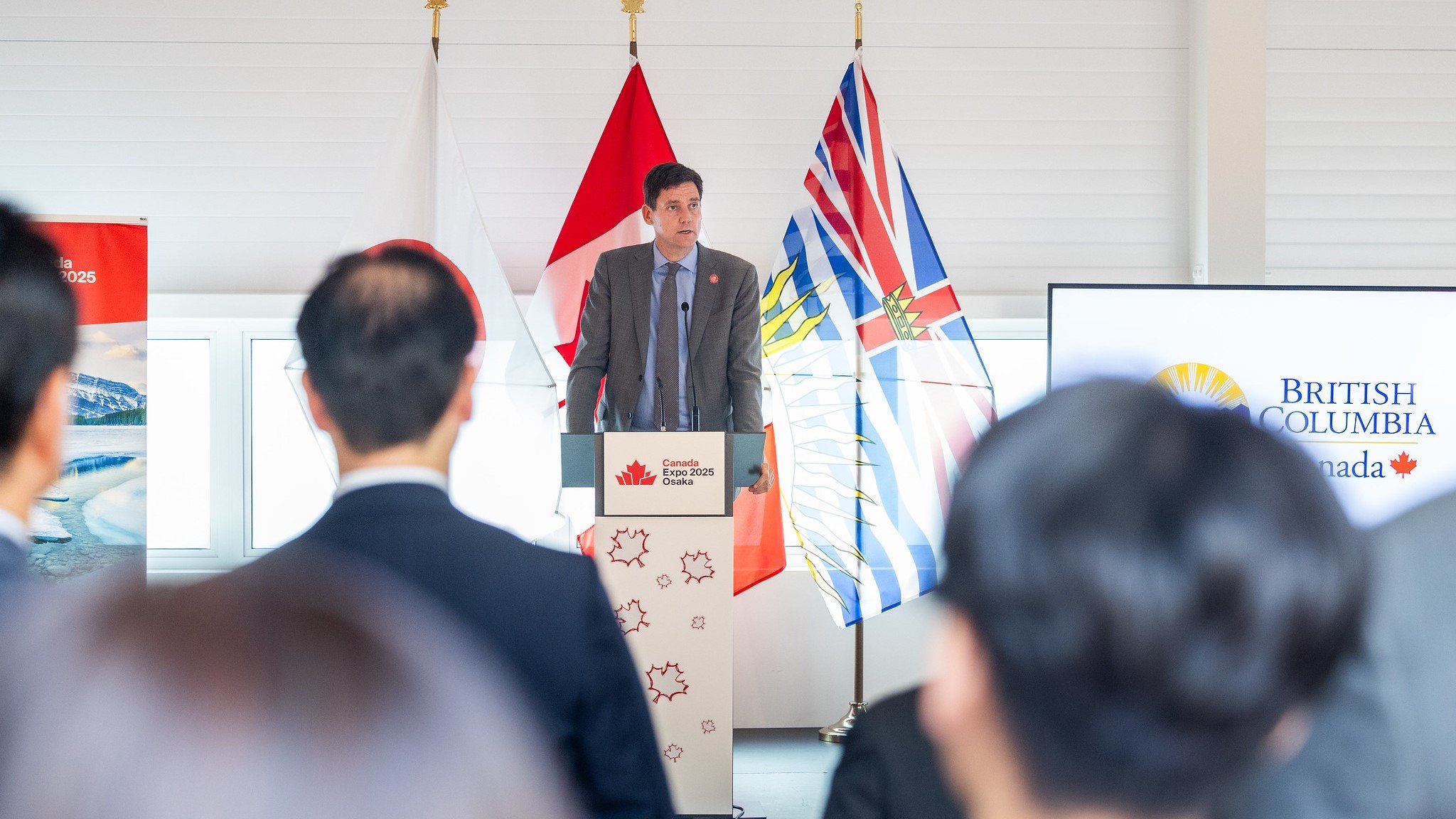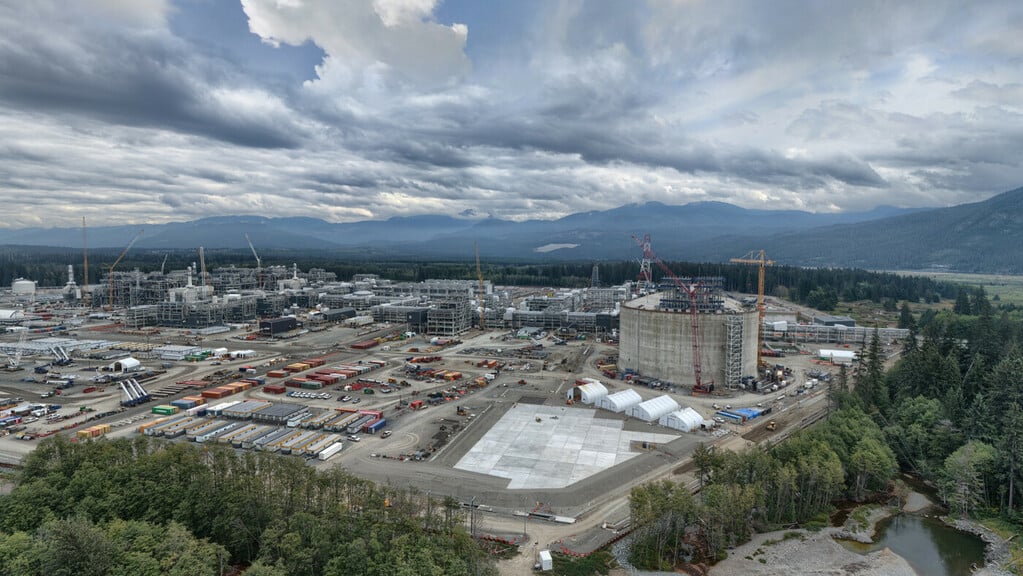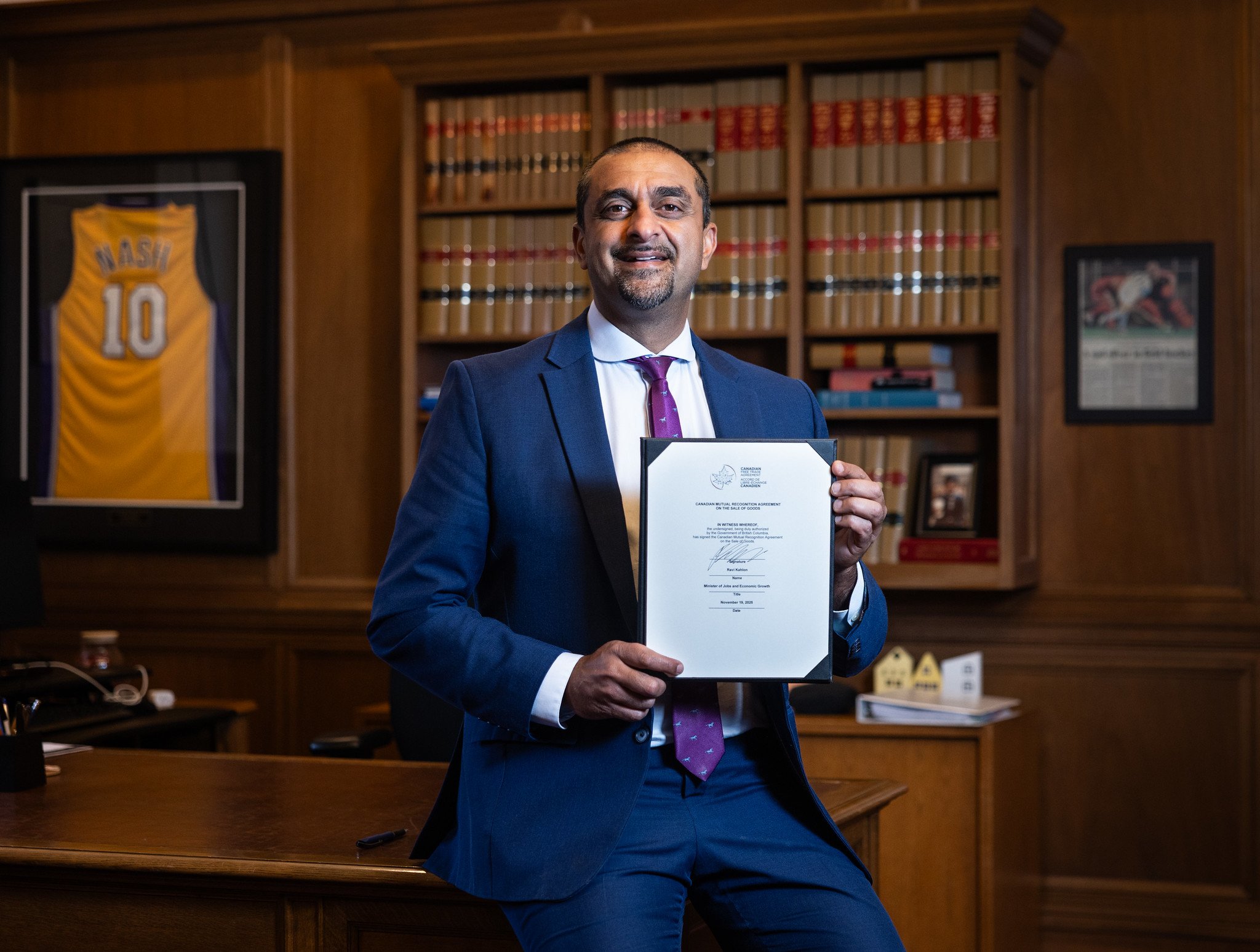


Part 1: B.C.’s Trade Mission to Asia – Japan Highlights
British Columbia’s (B.C.) recent trade mission to Asia, led by Premier David Eby, marked a pivotal step in strengthening international partnerships and unlocking new economic opportunities for the province. Over a 10-day tour, the delegation showcased B.C.’s strengths in clean energy, critical minerals, agri-food, forestry and innovation, while reinforcing its role as a reliable and forward-looking trade partner in the Indo-Pacific region.
A Mission with Purpose
Premier Eby emphasized the mission’s strategic importance:
“This mission was about supporting B.C. jobs and building a British Columbia that will be the economic engine of a more independent Canada.”
With a clear focus on diversifying markets and reducing reliance on the United States, the mission aimed to deepen ties with key Asian economies—starting with Japan, B.C.’s third-largest export market.
Tokyo: Strengthening Historic Ties
The delegation arrived in Tokyo on June 1, 2025, kicking off a series of high-level meetings and events. On June 2, Premier Eby and Honourable Lana Popham, engaged in bilateral meetings and retail visits, including a tour of Costco Japan. This retail giant has long been a vital partner for B.C.’s agri-food sector, providing a gateway for local products to enter the Japanese market. The annual Costco Canada Fairs continue to spotlight B.C. food and beverage products, benefiting from reduced tariffs under the Comprehensive and Progressive Agreement for Trans-Pacific Partnership (CPTPP) agreement.
Later that day, the Embassy of Canada to Japan hosted a networking reception with key investors and companies in mining and energy. In his remarks, Premier Eby highlighted the enduring relationship between B.C. and Japan, rooted in over a century of cultural and economic exchange. The Japanese Consulate’s establishment in Vancouver in 1889 marked the beginning of this deep connection.
Energy Security and Critical Minerals
Premier Eby underscored B.C.’s role in supporting Japan’s energy transition and economic security. Japan, heavily reliant on imports for energy and resources, is under pressure to decarbonize. Its 2030 target to reduce greenhouse gas emissions by 46 percent, below 2013 levels, has accelerated demand for clean technologies and low-carbon energy sources.
B.C. is well-positioned to meet this demand. At a Critical Minerals Investor dinner, Premier Eby spotlighted the province’s leadership in critical minerals development, with 17 world-class exploration projects and partnerships with Japanese firms like Sumitomo and Mitsubishi. B.C. is Canada’s largest copper producer and the sole producer of molybdenum—two essential elements for clean energy and advanced manufacturing.
Watch the video to learn more about B.C.’s critical minerals sector.
Full Length – Critical Minerals – 16×9 – English Captions from Trade and Invest BC on Vimeo.
Continued Partnerships in Mining and Agrifoods
The following day, Premier Eby met with executives at Nippon Steel, one of the world’s largest steelmakers. The company, which acquired a 20 percent stake in B.C.’s Elk Valley Resources in 2023 and opened a Vancouver office in 2024, is exploring low-carbon energy solutions to decarbonize its operations.
Meanwhile, Minister Popham visited Heavenly Vines, a prominent Japanese retailer specializing in Canadian wines and spirits. The visit reinforced B.C.’s growing reputation in Japan’s premium beverage market and highlighted the province’s potential for further agri-food and beverage exports.
BC Week at Osaka Expo 2025
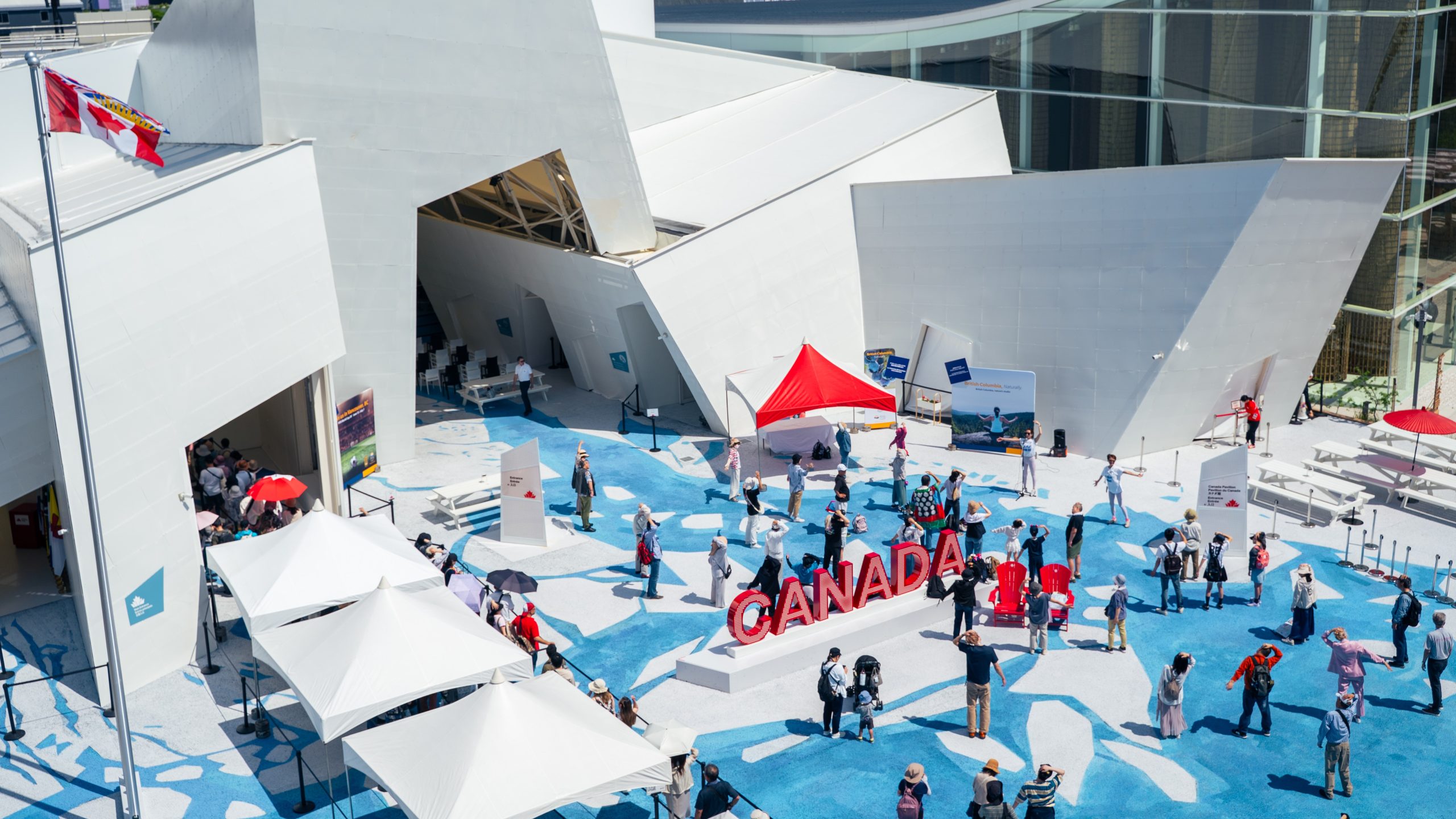
The mission’s momentum continued with BC Week at Expo 2025 in Osaka—a showcase of B.C.’s innovation, sustainability and creative industries. From robotics and virtual reality to Indigenous art and sustainable design, the province demonstrated its multifaceted strengths to a global audience.
B.C. and Osaka Prefecture have shared a Memorandum of Understanding (MOU) on clean technology cooperation for almost 10 years. This partnership has fostered joint seminars and participation in Japan’s leading fuel cell expos. The Kansai region, which includes Osaka, Kyoto and Kobe, is a hub for clean tech and life sciences, making it a natural partner for B.C.’s innovation ecosystem.
At a Kansai networking event, Premier Eby reaffirmed the Province’s commitment to collaboration:
“Our long-standing MOU with Osaka Prefecture reflects our shared priorities in clean technology and innovation. B.C. is the national leader in hydrogen and fuel-cell technology and is home to half of Canada’s hydrogen and fuel-cell companies.”
He also highlighted major energy projects like LNG Canada, Cedar LNG and Ksi Lisims—many of which are Indigenous-led or developed in partnership with First Nations. These initiatives not only support Japan’s energy security but also reflect B.C.’s commitment to reconciliation and shared prosperity.
Showcasing B.C.’s Innovative Forestry Sector
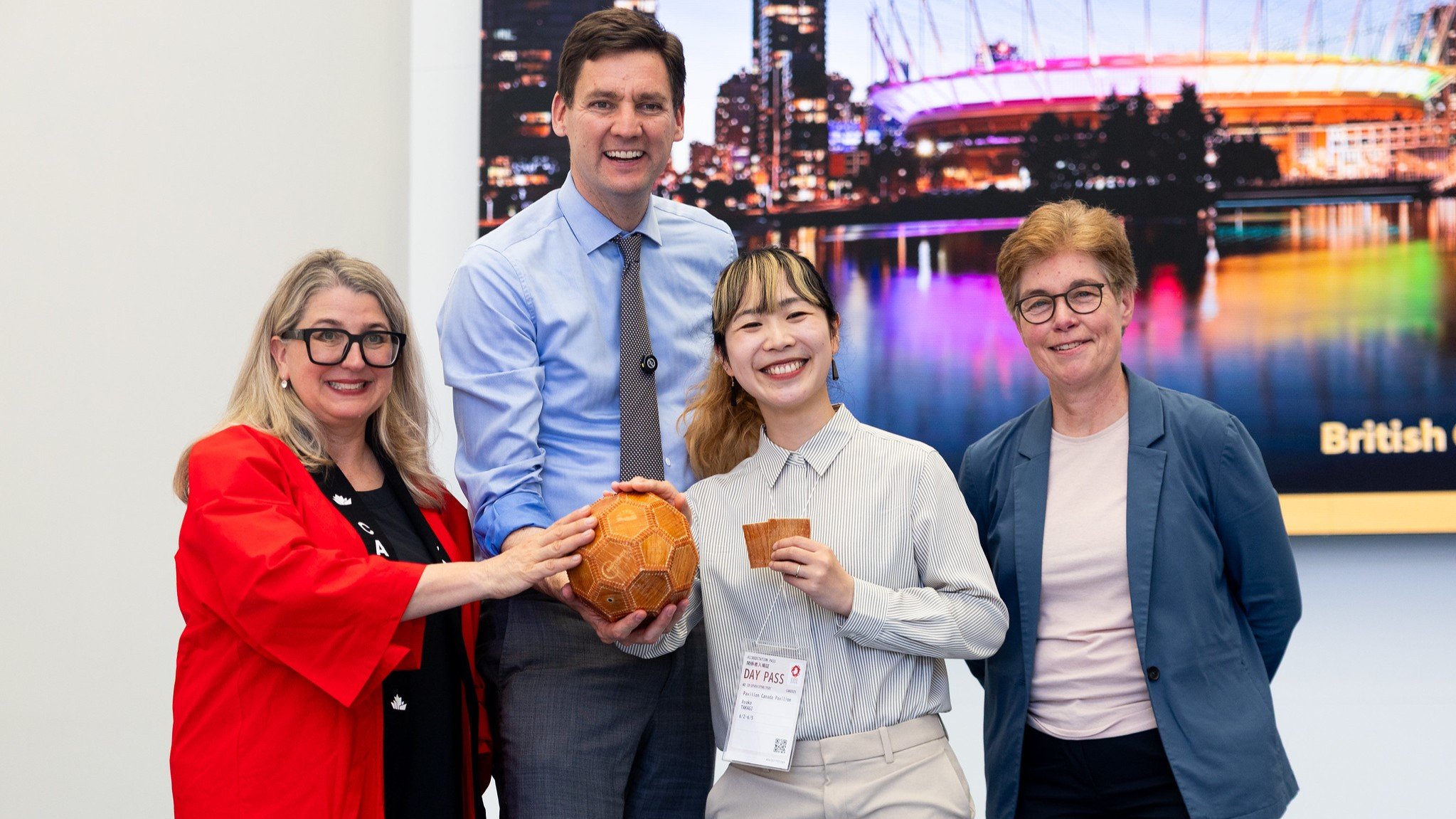
During BC week, Premier Eby took the opportunity to celebrate one of B.C.’s most foundational and evolving industries—forestry. During a special launch event, the Premier unveiled a groundbreaking wood soccer ball, which tied into B.C.’s role as a host city for the FIFA World Cup 2026 ™. The ball was developed by B.C.’s Ministry of Forests in collaboration with the University of British Columbia (UBC) BioProducts Institute. This innovative ball, crafted from a biodegradable “wood leather” made from Canadian maple and other wood species, exemplifies B.C.’s leadership in sustainable materials and forest innovation.
“Our government is investing in the future of forestry by supporting innovative research that transforms how we use wood,” said Premier Eby. “Through strong partnerships with leading institutions like the UBC BioProducts Institute, we’re advancing forest-based technologies that are sustainable, commercially viable and globally competitive.”
To amplify this core message, a meeting with the Osaka Federation of All Wood Industries raised the profile of B.C.’s value-added wood exports to leading buyers in the Kansai region.
B.C. has been providing wood and wood products to Japan for over 100 years. In fact, it was in 1923 when B.C. established its long history of exporting wood products to Japan to help rebuild after the Kanto Earthquake. Today, 30 percent of B.C. exports to Japan are wood products. At Expo 2025 BC Wood products from Timber Tiles, Live Edge, Makihara Lumber, Molo design, Chop Value and Brent Comber originals and more were on proud display in the Canadian pavilion.
Building a Resilient, Diversified Future
The Japan leg of B.C.’s trade mission reinforced the province’s role as a trusted partner in the global shift toward sustainability and economic resilience. With strong historical ties, complementary economic goals and shared values, the B.C.–Japan relationship is poised for even greater collaboration.
Look out for Part 2 of B.C.’s Trade Mission to Asia, where we explore the delegation’s next stops: South Korea and Malaysia and the opportunities that exist in those regions.
To learn more about how to expand, invest and buy in British Columbia, contact Trade and Invest BC.
Related News
We Can Help
Trade and Invest BC helps facilitate foreign direct investment and has Trade and Investment Representatives in markets around the world. Contact the representative nearest you for support in investing in British Columbia.


